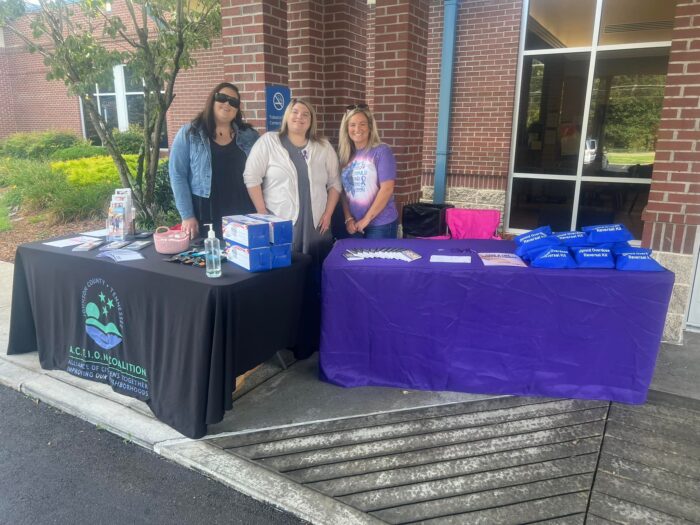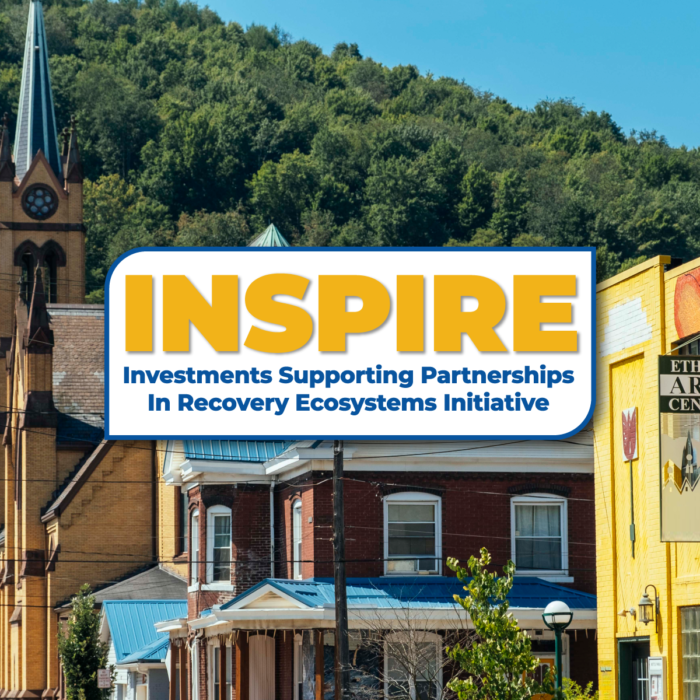
Nestled in Northeast Tennessee, Johnson and Carter counties have strengths and challenges similar to many other Appalachian communities. Their location offers rich culture and easy access to outdoor adventures in “mountain and lake country.” However, the mountainous geography has also resulted in limited access to transportation, housing, and other critical services, all while the local workforce has been severely impacted by substance use disorder (SUD). In March 2021, the Alliance of Citizens Together Improving our Neighborhoods Coalition (A.C.T.I.O.N.) received a $50,000 ARC INSPIRE planning grant to develop a solution for their community. Now, in 2022, A.C.T.I.O.N. has received $466,840 to bring this vision to life.
Bridging the G.A.P. (Growing Achievable Pathways) to Employment Program will support workforce readiness, entry, re-entry and retention for individuals overcoming SUD. To do this, the program will focus on three core components. First, G.A.P. will offer pre-release job-skills training and post-release high school equivalency and technical education programming. Together, these resources will build work readiness among individuals who have experienced prolonged periods of unemployment and/or incarceration.



For the second component, G.A.P. will use INSPIRE funding to hire a new employment coordinator, who will streamline processes and facilitate case management for 20 individuals in recovery. The coordinator will link clients with critical recovery services like treatment and peer recovery networks, as well as supports that remove barriers to workforce participation, facilitate workforce transitions and support job retention.
Through partnerships with local employers, as well as regional workforce training partners, Bridging the GAP will create lasting relationships that will benefit not only those in recovery but also employers seeking to fill current job openings in our community.
Trish Burchette, Executive Director
G.A.P.’s third component is an employer-based strategy focusing on outreach, education and engagement of the business community to foster more recovery-friendly workplaces. The program will provide employers with custom coaching and training opportunities, and will link employers with regional resources to increase awareness of and participation in the First Tennessee Development District Caring Workplace certification program.


